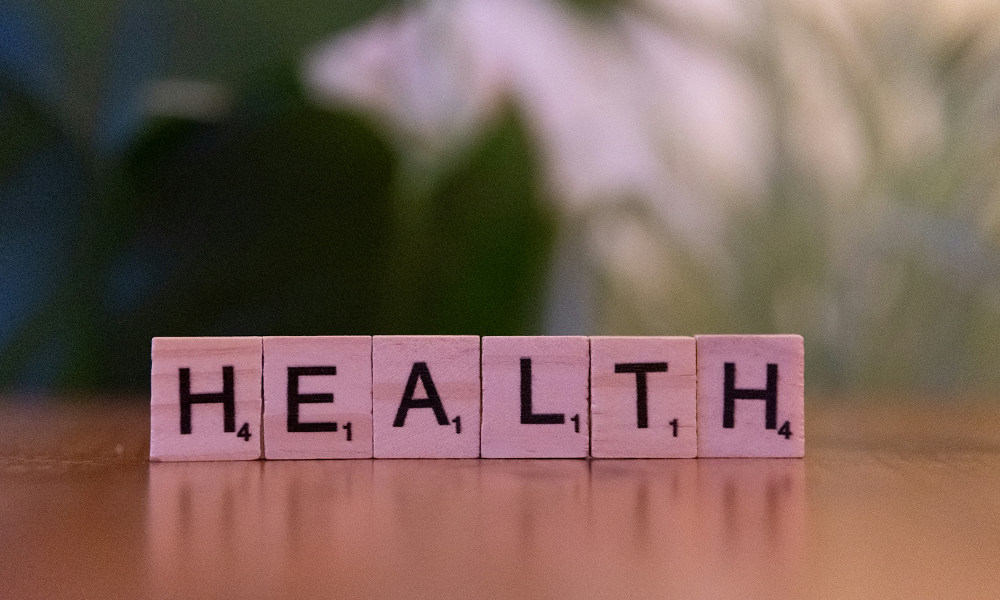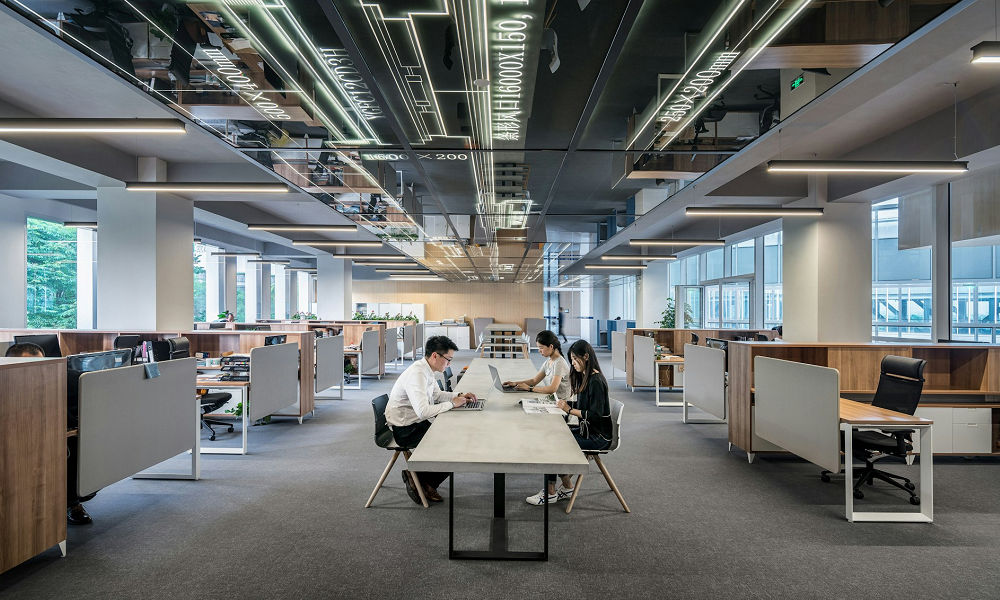Reviews
Why Health Conversations Are Shifting Beyond the Doctor’s Office

Today, health is spoken about in hallways, on buses, in kitchens, and even across chat threads that have nothing to do with symptoms or diagnoses. Of course, a doctor’s office is still an important part of the game, but the dialogue surrounding health has found its way into everyday spaces. The question of why health conversations are shifting beyond the doctor’s office has opened a strange, revealing view of how ordinary people define care and where they’re expecting it to show up. Let’s take a closer look!
The Risks of Prescriptions
Back in the day, medication held a clear shape: a physician prescribed, a patient followed. Now, the script feels a little different. Communities speak about side effects, about dependency, about alternatives.
People have started sharing their experiences, and not always with a medical authority present. And that’s where concerns regarding the most common addictive prescription drugs show up. Painkillers, sleep aids, stimulants – they carry a lot of risk. Yes, they relieve, but they might also grip tight. Discussions about prescription medication rarely stay locked inside a medical folder. For instance, students might talk about pills that help them study.
Such conversations help people stay aware, which is good, but they can also spread confusion or false confidence; there’s both value and risk in moving health talk beyond doctors’ offices.

The Expansion of Everyday Expertise
There’s no single keeper of health talk anymore. People are obtaining knowledge from podcasts, articles, or plain old neighborly advice. Sometimes it feels messy, but it’s undeniably active. A friend might post about their new therapy app; a coworker might bring herbal tea to work to help digestion. These fragments are merging into a strange, uneven quilt of information.
Authority feels looser, yet involvement feels stronger. Everyone has become a minor curator of health practices. And in many ways, this is working. People look out for one another in ways that extend care past appointment hours. The modern patient is far from passive.
Luckily, this doesn’t dismiss the role of doctors. Instead, it makes their role part of a larger network. Care begins at home, in conversation, in quick texts, and during casual remarks. The result is a fabric of dialogue where health knowledge has become communal property.
Health at the Core of Human Progress
Without physical and mental stability, people will probably struggle to meet goals, form strong communities, and shape futures. If health fails, progress will collapse. If health holds, both individuals and societies will grow.
So once conversations move past the doctor’s office, they’re actually doing more than spreading awareness. They underline the idea that a smart approach to communication about well-being is central to life itself, and every choice – food, rest, work, or play – turns into part of the dialogue.
Digital Platforms as Waiting Rooms
Social media and online forums are taking the role of secondary clinics. A person posts a question at midnight, and within minutes, responses arrive. Some are thoughtful, some misguided, but all form part of the new conversation flow. Search engines answer quicker than most receptionists could.
People are exploring their symptoms before appointments. They’re reviewing treatment options. They’re joining digital support groups where shared experience feels as valuable as a prescription. It’s no secret that the act of exchanging health advice online carries some risks, but it also reflects how hungry people are for shared answers.
Health has always been personal. Now it’s also public, displayed across feeds and forums, revealing anxieties and hopes in real time. This visibility has changed the very texture, the very fabric of care.
Community as a Clinic
Neighborhood walks, group fitness classes, online groups, and local wellness workshops – they can easily transform into micro-clinics. A community space holds the power to reduce isolation, to encourage healthier choices, and to give voice to concerns that may feel too small for a formal appointment.
For instance, a local group might gather to share recipes that lower blood pressure. Another may create walking clubs for seniors. Far from being replacements for medical systems, these are simply extensions that keep people connected and aware.
This growth of informal health networks reflects something practical: care works best when it is present where life happens. The walls of a hospital can’t contain every question. Communities pick up the rest.
Workplaces Enter the Conversation
Employers of today know that health directly affects employees’ productivity and satisfaction; they, in a way, already understand why health conversations are shifting beyond the doctor’s office. Workplaces are introducing wellness programs, providing access to counseling, or creating flexible schedules that promote balance.
This shift also blurs the boundary between private life and work life. Employees share their struggles with colleagues, and employers create structures that recognize stress or illness as real obstacles. A job site, once only about output, becomes a setting where health talk unfolds daily.

The Language of Prevention
Preventive health has taken root in common speech. Nutrition, movement, sleep, and stress management; they are no longer niche topics. They’ve entered casual exchanges at family gatherings, in office kitchens, even while waiting for buses.
People no longer wait until symptoms demand attention. They build habits that protect them early. This language of prevention grows because it feels accessible. A person mightn’t control genetics, but they’re able to choose food, exercise, and dedicate some time to rest. Conversations capture this power and keep it circulating.
The Center Holds Outside the Office
The spread of dialogue into digital forums, homes, schools, workplaces, and community groups has reshaped how health is lived. Care has found its way into routines and decisions that stretch far beyond a prescription pad. The office still matters, but it no longer holds the monopoly on health talk.
This explains again why health conversations are shifting beyond the doctor’s office. They move because life demands it. They move because people want health to be present where choices are made – in kitchens, in workplaces, in online groups, in friendships. The dialogue is no longer confined. It’s shared, constant, inseparable from daily living.

-

 Legal6 days ago
Legal6 days agoMichigan man JD Vance sentenced to 2 years for threatening Trump and JD Vance
-

 Politics1 week ago
Politics1 week agoU.S. to designate Maduro-linked Cartel de los Soles as terrorist organization
-

 Health7 days ago
Health7 days agoCambodia reports fatal H5N1 bird flu case in 22-year-old man
-

 World4 days ago
World4 days agoHurricane Melissa registered 252 mph wind gust, breaking global record
-

 Legal4 days ago
Legal4 days agoWoman in critical condition after being set on fire on Chicago train
-

 Politics1 week ago
Politics1 week agoEpstein survivors release PSA calling on Congress to release all files
-

 Legal4 days ago
Legal4 days ago1 dead, 2 injured in shooting at Dallas Walmart parking lot
-

 Legal3 days ago
Legal3 days agoSuspect in San Diego stabbing shot by authorities after fleeing into Mexico




